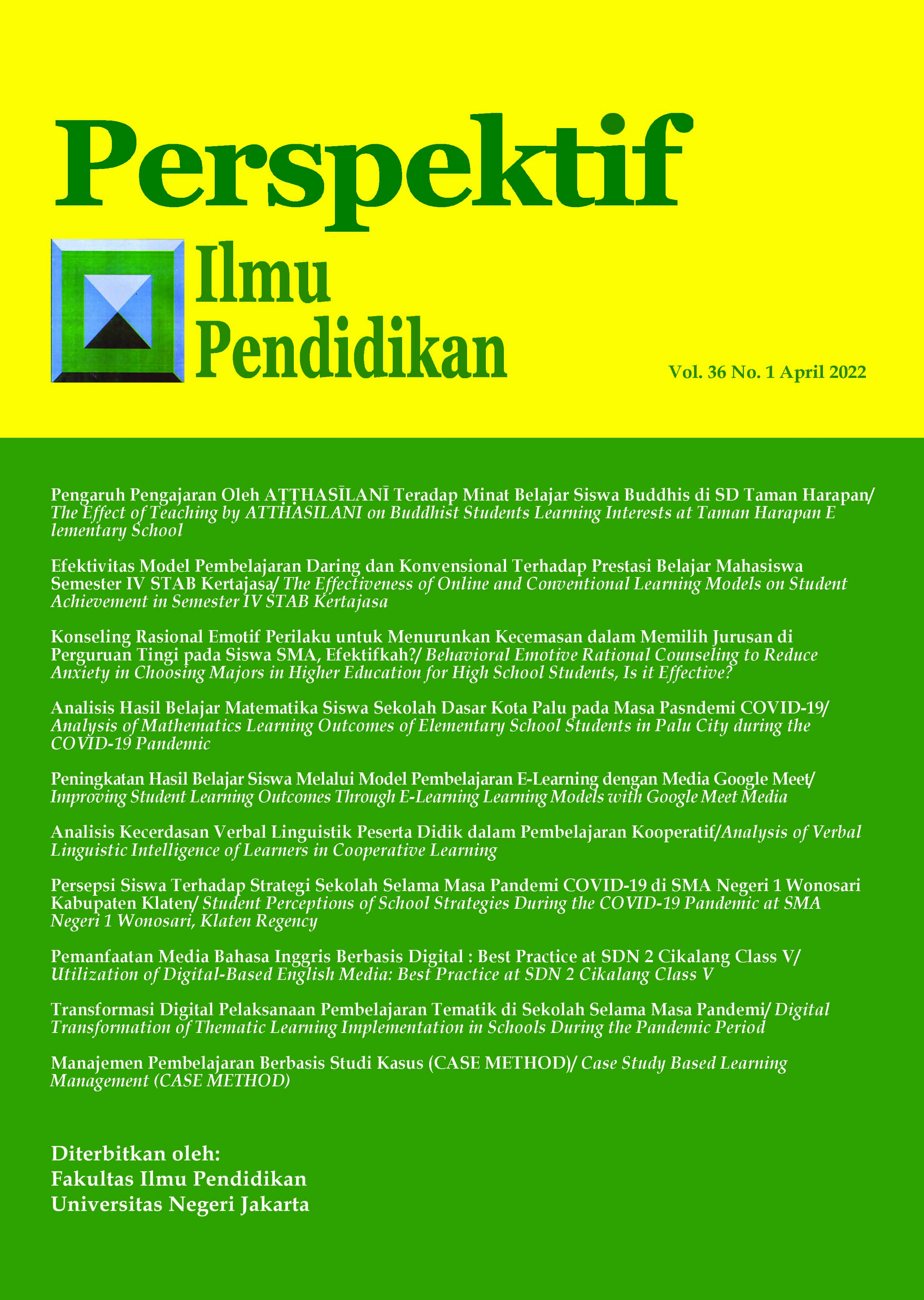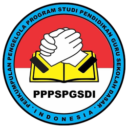Utilization Of Digital-Based English Media : Best Practice At Sdn 2 Cikalang Class V
DOI:
https://doi.org/10.21009/PIP.361.8Keywords:
Best Practice , English , Media , Digital , Elementary SchoolAbstract
Abstract: The initial condition of students at SD Negeri 2 Cikalang in implementing English learning is not optimal, mainly because learning English is not included in the local content chosen by the school so that there is no English language learning from class I. For this reason, the purpose of this article is to have English language learning with efforts to create students who are able to understand international standard languages, with the help of technology-based media so that students are expected to be able to understand more and make learning more fun. This research was carried out using the best practice method at SD Negeri 2 Cikalang, Tasikmalaya City, best practice can be defined as the most efficient and effective way to complete a task. Best Practice tells of the best experiences of creativity and innovation in overcoming the problems they face. The research technique is qualitative in which the author uses observation. The results of this study indicate that using digital-based media can improve students' vocabulary and understanding in English lessons and become an innovation in overcoming problems in English learning and inspire educators to develop more creative learning media. economical and efficient because it is a user-friendly medium.
Keywords: Best Practice , English , Media , Digital , Elementary School.
Downloads
Published
How to Cite
Issue
Section
License
Authors who publish with this Journal agree to the following terms:
- Author retain copyright and grant the journal right of first publication with the work simultaneously licensed under a creative commons attribution licensethat allow others to share the work within an acknowledgement of the work’s authorship and initial publication of this journal.
- Authors are able to enter into separate, additional contractual arrangementfor the non-exclusive distribution of the journal’s published version of the work (e.g. acknowledgement of its initial publication in this journal).
- Authors are permitted and encouraged to post their work online(e.g. in institutional repositories or on their websites) prior to and during the submission process, as it can lead to productive exchanges, as well as earlier and greater citation of published works.
-
Users/public use of this website will be licensed to CC BY-NC-SA Creative Commons Attribution-NonCommercial-ShareAlike 4.0 International License












